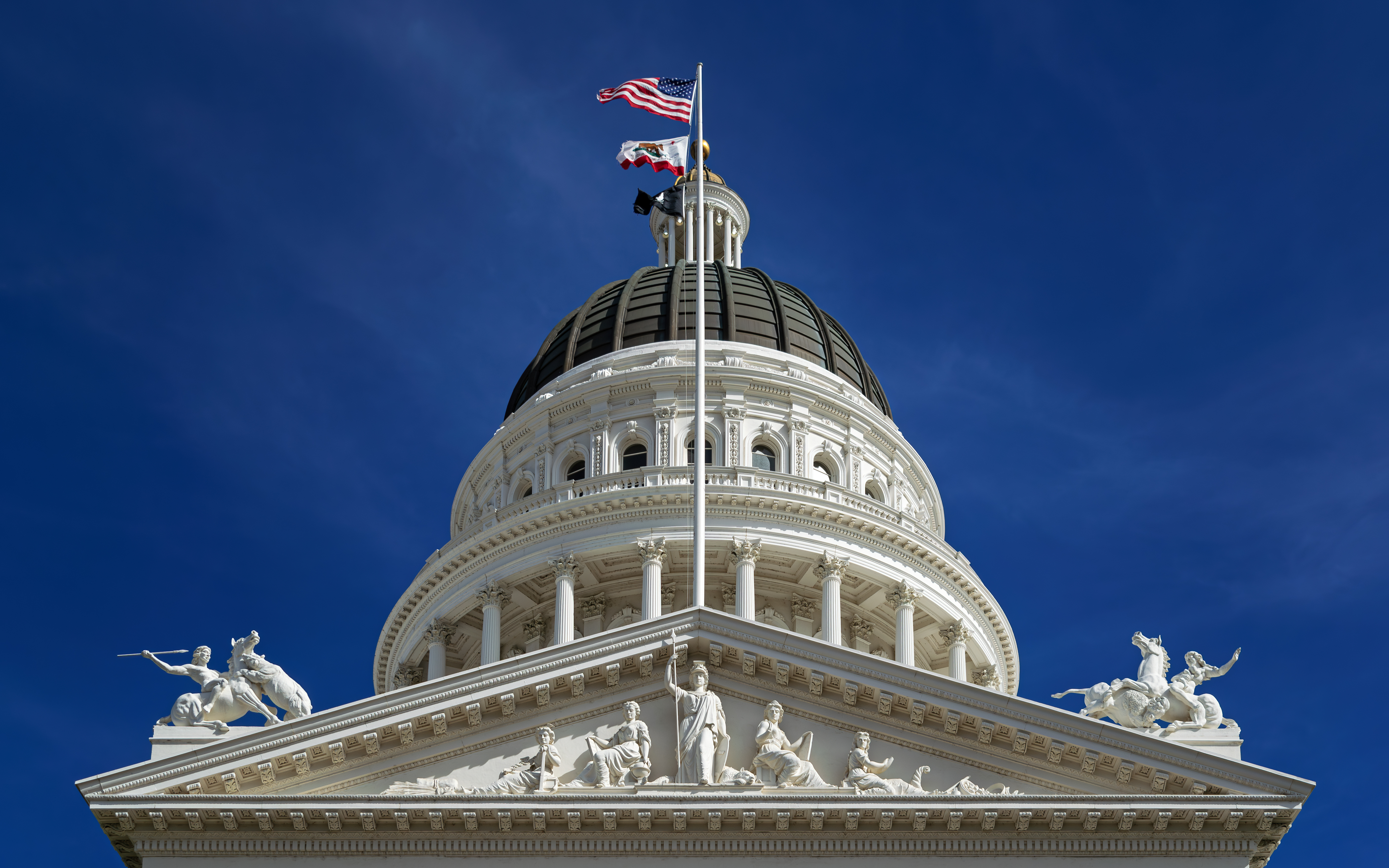A stunning new assessment from digital freedom expert Mike Benz reveals what many patriots have suspected all along—America has been locked in an undeclared “second Cold War” since Donald Trump first announced his presidential campaign. This isn’t hyperbole or political theater. It’s the harsh reality of a coordinated international effort to suppress the America First movement and any leader bold enough to put their citizens before globalist institutions.
Benz, whose Foundation for Freedom Online has meticulously documented the censorship apparatus targeting conservatives, explains that the same digital suppression tactics deployed against Trump domestically are being used internationally against populist movements worldwide. The pattern is unmistakable: from Brexit supporters in Britain to nationalist parties across Europe, any political force that dares prioritize national sovereignty over supranational governance faces systematic information warfare.
This revelation reframes everything we’ve witnessed over the past eight years. The coordinated media attacks, Big Tech censorship, intelligence agency interference, and corporate boycotts weren’t isolated incidents of partisan politics—they were strategic operations in a broader conflict over whether America would maintain its constitutional independence or submit to technocratic globalism.
Unlike the first Cold War’s focus on nuclear deterrence and proxy conflicts, this new battle centers on controlling information flows and democratic processes. Free speech platforms have become the strategic high ground, which explains the desperate efforts to capture or destroy any digital space where patriots can organize and share uncensored information. The timing isn’t coincidental—this “Cold War” intensified precisely when Trump began implementing trade policies and energy independence initiatives that challenged decades of globalist economic arrangements.
The constitutional implications are staggering. Foreign interference in American elections now extends far beyond traditional espionage to include systematic suppression of First Amendment rights through multinational corporations that answer to no American voters. When Twitter executives coordinate with European Union officials to silence American conservatives, or when international “fact-checking” organizations funded by foreign billionaires determine what Americans can discuss online, we’re witnessing digital colonialism in real time.
This framework also explains why traditional foreign policy establishments in both parties initially resisted Trump so fiercely. They recognized that America First policies would necessarily challenge the post-Cold War consensus that subordinated national interests to international institutions. The systematic nature of opposition—from intelligence agencies to multinational corporations to academic institutions—makes perfect sense when viewed as defending an existing global order rather than mere partisan disagreement.
What’s particularly encouraging is Benz’s documentation of how this represents a worldwide awakening. American patriots aren’t fighting isolated domestic battles—they’re part of a global movement to restore democratic accountability and national sovereignty against technocratic governance. From Canada’s Freedom Convoy to farmer protests in the Netherlands, citizens everywhere are rejecting the same globalist policies that Trump challenged here at home.
The economic dimensions are equally revealing. The “Cold War” escalated when America began reasserting economic sovereignty through fair trade deals, energy independence, and manufacturing reshoring. Globalist institutions depend on American economic submission to maintain their power, which is why they’ve fought so desperately to prevent any return to constitutional governance and free market capitalism.
For patriots, this analysis provides crucial strategic clarity. We’re not dealing with normal political opposition but with a coordinated international effort to prevent American renewal. Understanding this helps explain why compromise with globalist forces is impossible—their entire system depends on American weakness and constitutional erosion.
The path forward requires unwavering commitment to digital sovereignty, constitutional governance, and economic nationalism. As more Americans recognize the true nature of this conflict, the globalist information monopoly continues crumbling. Truth has a way of breaking through even the most sophisticated censorship apparatus.
America’s ultimate victory in this second Cold War will come when we successfully demonstrate how a sovereign nation can prosper through constitutional principles and economic independence. By modeling successful nationalism, we’ll inspire similar movements worldwide while dismantling the globalist infrastructure that has constrained American potential for far too long. The battle for America’s digital sovereignty isn’t just about our future—it’s about lighting the way for freedom-loving people everywhere.





